The 1972 Oscars remains unforgettable, representing a Hollywood in transition, blending old and new.
This year’s event showcased a range of outstanding films and remarkable moments that left a lasting impact on the world of cinema. Unlike recent Oscars that can feel like they’re focused on appearances, the 1972 ceremony was full of genuine excitement and pride for achievements in film.
One of the night’s big winners was The French Connection, a groundbreaking film that brought a gritty, realistic style to Hollywood thrillers. The film won five Oscars, including Best Picture, Best Director for William Friedkin, and Best Actor for Gene Hackman.
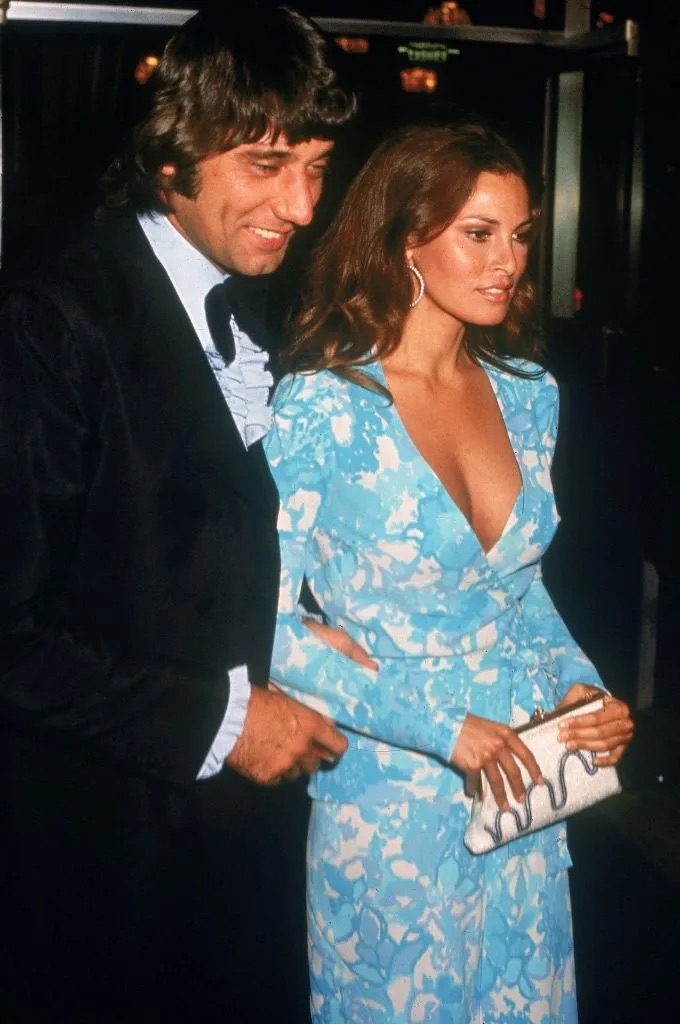
Hackman’s portrayal of a tough New York detective made waves, and he was surprised to win, so much so that he could barely remember walking up to the stage. When he accepted his award, he emotionally thanked his first drama teacher and his mother.
Other notable films that year included Stanley Kubrick’s A Clockwork Orange, a dark and controversial movie that sparked many discussions. The musical Fiddler on the Roof brought a mix of nostalgia and joy with its beautiful music, while The Last Picture Show, a black-and-white film directed by Peter Bogdanovich, offered a heartfelt look at small-town life and earned eight nominations. Both Cloris Leachman and Ben Johnson won Oscars for their performances in this film.
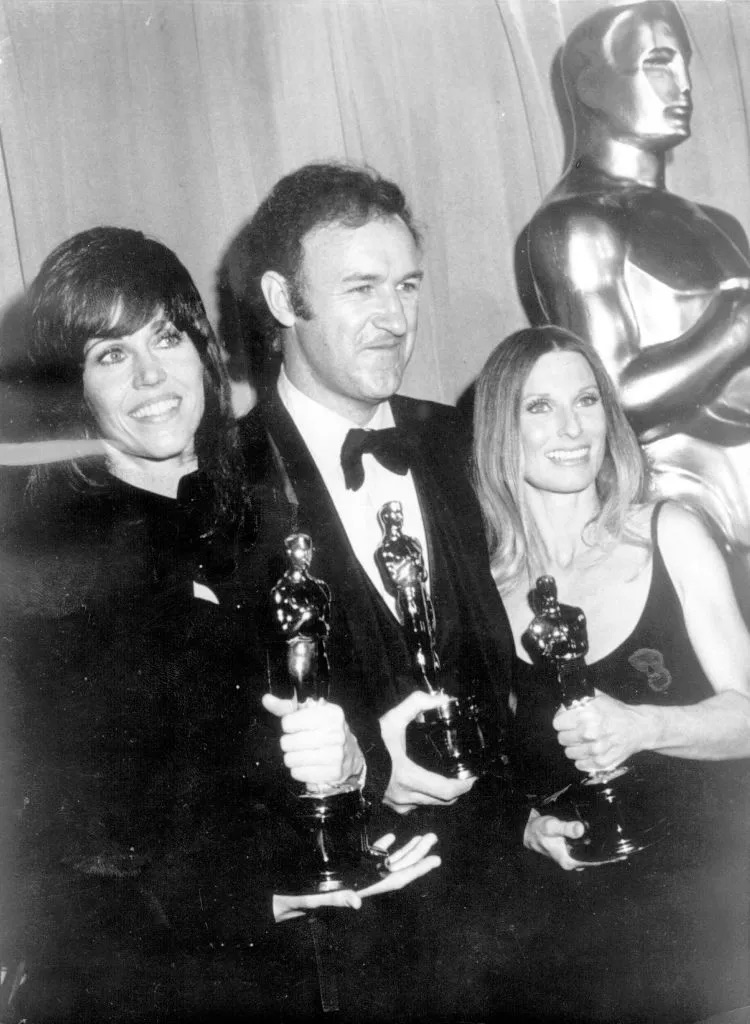
The 1972 Oscars also marked a return to Hollywood’s classic glamour. Stars like Raquel Welch and Jane Fonda dazzled on the red carpet, wearing stunning, elegant gowns.
Unlike previous years where more casual fashion trends took over, the 1972 ceremony celebrated vintage Hollywood style, complete with diamonds, luxurious fabrics, and a touch of old-school sophistication.
However, the evening wasn’t without its tensions. Outside the Los Angeles Music Center, fans eagerly gathered to catch a glimpse of the stars, but nearby protests aimed at Clint Eastwood’s Dirty Harry created some unease. Protesters criticized the film for allegedly promoting police violence, a sentiment visible in their signs and chants.
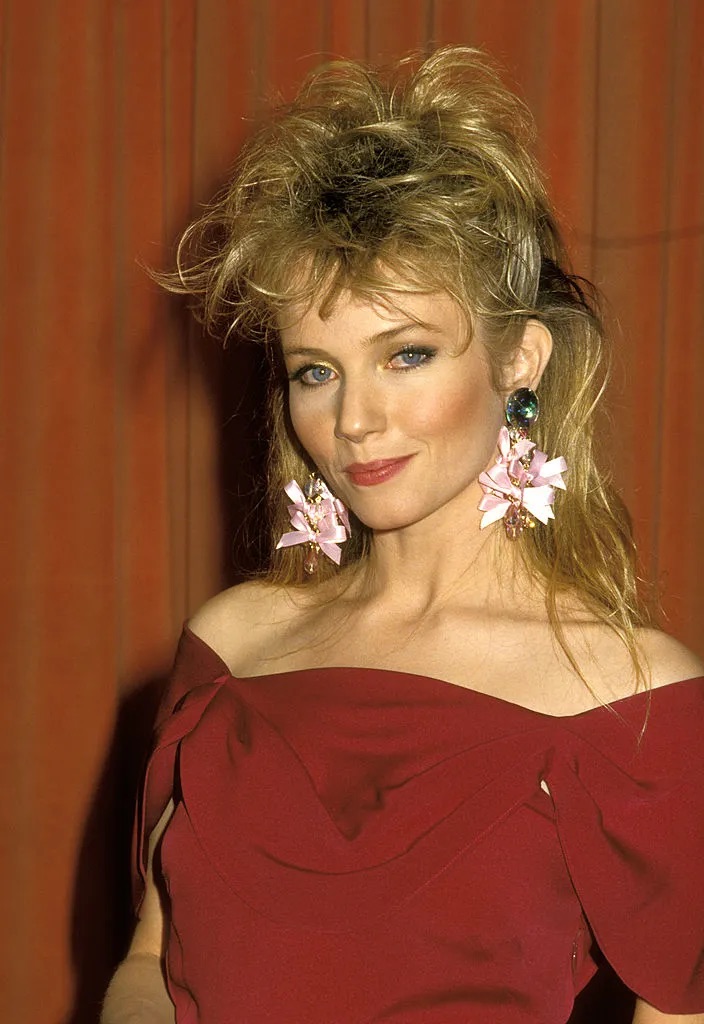
One of the ceremony’s most unforgettable moments was Isaac Hayes’ performance. Hayes became the first African American to win an Oscar for Best Original Song with “Theme from Shaft.”
Shirtless and adorned with chains, Hayes’ dynamic performance brought soul music to the Oscars in a way that had never been seen before. His powerful presence on stage, disappearing in a cloud of smoke, left the audience in awe.
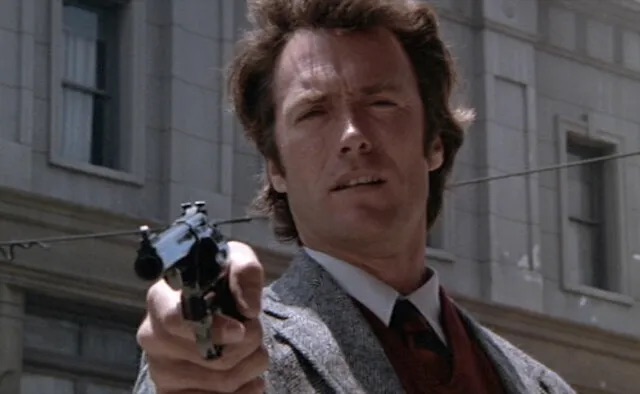
Another touching moment was the appearance of Betty Grable, a beloved actress from Hollywood’s golden era, attending one of her last public events. Wearing a turquoise gown with silver accents, Grable was a picture of timeless elegance, and her presence was bittersweet for fans who knew she was nearing the end of her life.
The most emotional highlight of the evening was Charlie Chaplin’s return to the Oscars. Chaplin, who had been exiled from the U.S. two decades earlier due to political controversies, received a standing ovation lasting 12 minutes, the longest in Oscar history.
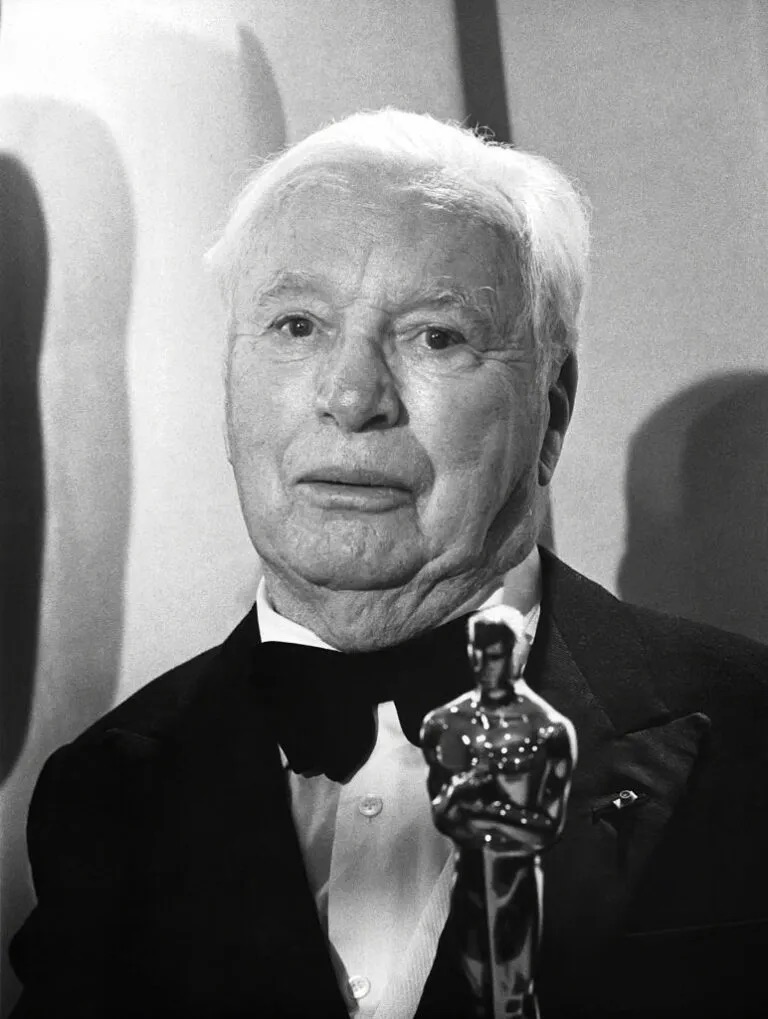
As he accepted his award, Chaplin thanked the audience, saying he felt overwhelmed by their kindness. For many, it was a dreamlike moment, watching one of film’s greatest legends finally receive recognition from Hollywood.
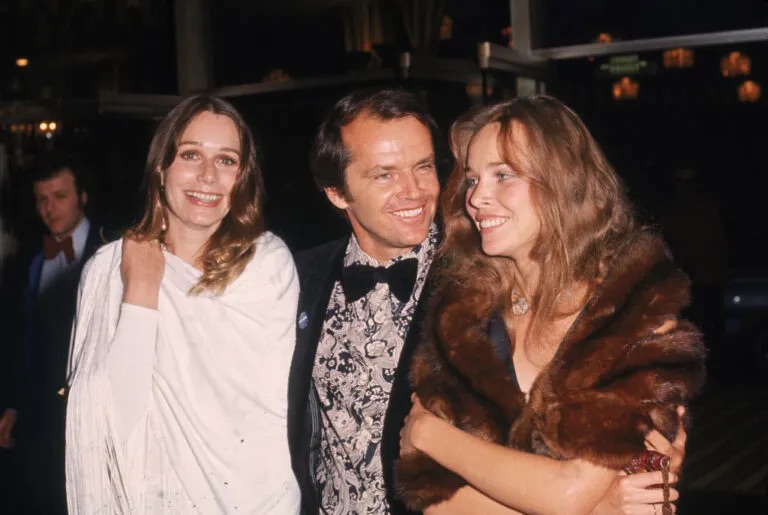
The 1972 Oscars celebrated both classic and contemporary Hollywood, showcasing stars like Jane Russell and Jack Nicholson. The event symbolized Hollywood’s evolution, as the industry began embracing complex, diverse stories.
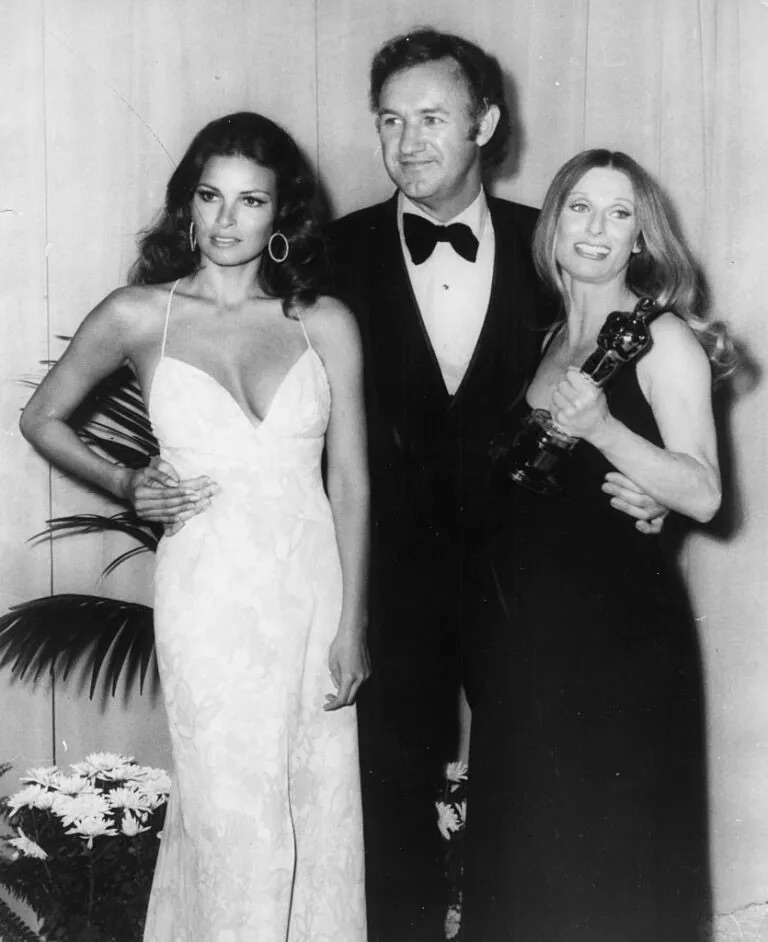
A memorable photograph from that night captures Gene Hackman, Cloris Leachman, and Raquel Welch together, representing the cultural shifts of the era.


